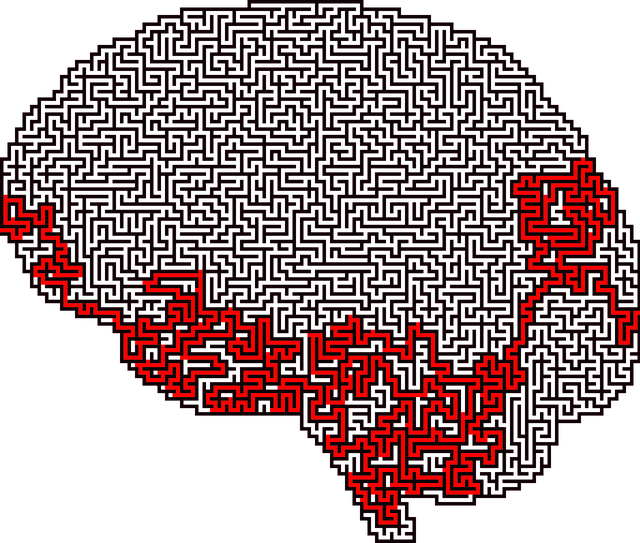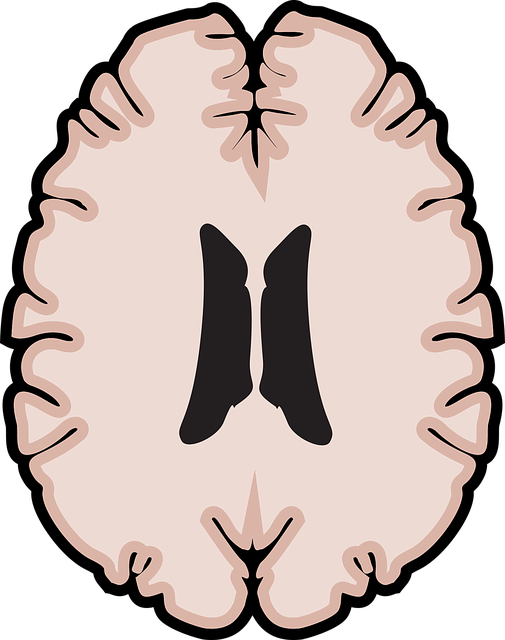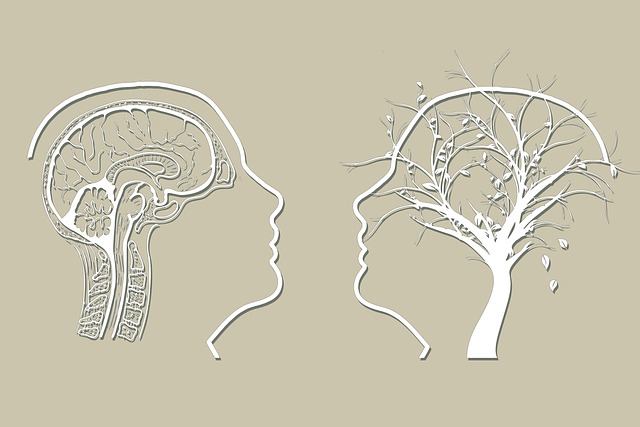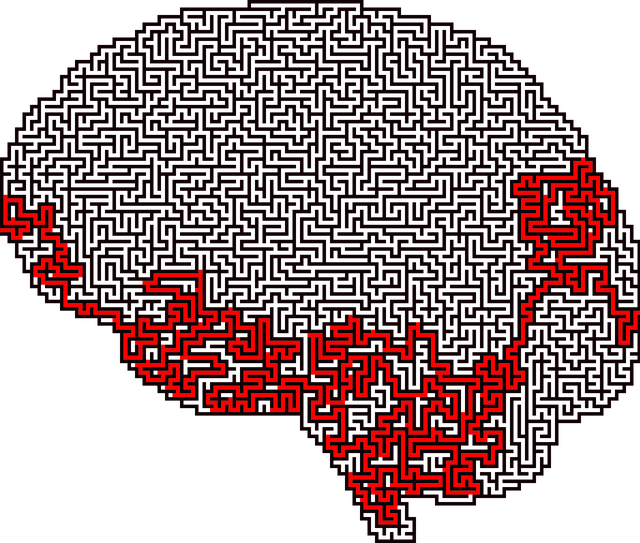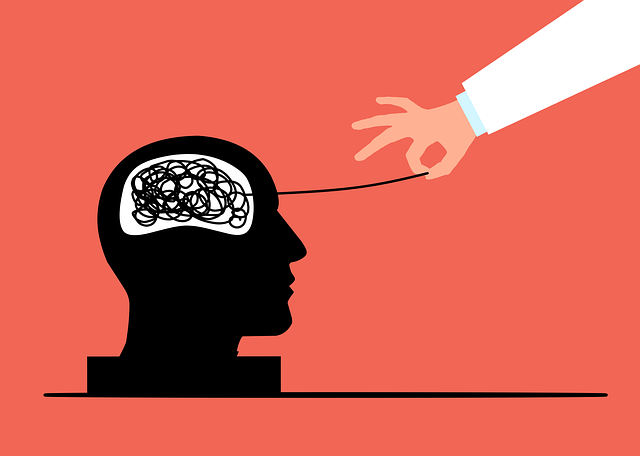Lone Tree Obsessive Compulsive Disorder (OCD) Therapy combines Cognitive Behavioral Therapy (CBT), Exposure and Response Prevention (ERP), and mindfulness techniques through Stress Management Workshops Organization. Mental health advocacy, led by storytelling and community engagement, challenges OCD stigma, normalizes conversations about mental wellness, and promotes early intervention strategies. Community events like awareness campaigns and workshops break down barriers, encourage open dialogue, share resources, and create a collaborative support system for Lone Tree OCD therapy and other mental health initiatives.
Mental health advocacy plays a pivotal role in shaping public perception and supporting those grappling with conditions like Lone Tree Obsessive Compulsive Disorder (OCD). This article explores three key aspects of mental health initiatives. First, we provide a comprehensive guide to Lone Tree OCD therapy, outlining effective treatment approaches. Next, we delve into the power of advocacy in raising awareness and challenging stigma. Lastly, we discuss community engagement strategies essential for backing mental health initiatives successfully.
- Understanding Lone Tree Obsessive Compulsive Disorder Therapy: A Comprehensive Guide
- The Role of Mental Health Advocacy in Raising Awareness and Breaking Stigma
- Community Engagement Strategies for Effective Mental Health Initiative Support
Understanding Lone Tree Obsessive Compulsive Disorder Therapy: A Comprehensive Guide

Lone Tree Obsessive Compulsive Disorder (OCD) Therapy is a specialized approach designed to help individuals manage and overcome OCD symptoms. This comprehensive guide aims to demystify the process, ensuring those affected by OCD have access to effective treatment. OCD is a mental health condition characterized by intrusive thoughts and repetitive behaviors, known as rituals, which can significantly impact daily life. The therapy focuses on challenging these unhelpful thought patterns and reducing the urge to perform ritualistic actions.
Through various evidence-based techniques, such as cognitive behavioral therapy (CBT), exposure and response prevention (ERP), and mindfulness practices, the Stress Management Workshops Organization promotes positive thinking and mental wellness. By learning coping strategies and gaining insights into their OCD, individuals can regain control over their lives. This tailored approach supports personal growth, enhances resilience, and fosters a deeper understanding of one’s mental health.
The Role of Mental Health Advocacy in Raising Awareness and Breaking Stigma

Mental health advocacy plays a pivotal role in raising awareness about various mental health conditions and breaking down the stigma that often surrounds them. Through powerful storytelling, community engagement, and educational initiatives like Stress Management Workshops Organization programs, advocates shine a light on the realities of living with disorders such as Lone Tree Obsessive Compulsive Disorder (OCD). By sharing their personal experiences, they normalize conversations around mental wellness, fostering an environment where individuals feel more comfortable seeking help.
Advocacy efforts also contribute to shaping public perception and dispelling myths about mental illness. This is crucial in reducing the stigma that often prevents people from accessing necessary support, such as therapy for OCD. By highlighting the diverse faces of mental health struggles and emphasizing the importance of early intervention and prevention strategies like Depression Prevention initiatives, advocates work towards a more compassionate and understanding society.
Community Engagement Strategies for Effective Mental Health Initiative Support

Community engagement is a powerful tool for supporting mental health initiatives, especially when tailored to address specific challenges like Lone Tree Obsessive Compulsive Disorder Therapy. By fostering connections within the community, individuals affected by mental health issues can find support and understanding. One effective strategy is organizing awareness campaigns and educational workshops that break down stigma associated with mental health struggles, encouraging open conversations and promoting positive thinking. These events can also serve as platforms for sharing valuable resources and self-awareness exercises, empowering community members to take charge of their mood management.
Additionally, building partnerships between local businesses, schools, and healthcare providers ensures a holistic approach. For instance, cafes or community centers could host support groups, while teachers and school counselors can incorporate resilience-building activities into curriculums. Such collaborative efforts create an environment where individuals feel supported, encouraging them to seek help for their mental health needs, including Lone Tree Obsessive Compulsive Disorder Therapy.
Mental health advocacy initiatives, such as those focusing on Lone Tree Obsessive Compulsive Disorder Therapy, play a pivotal role in raising awareness and breaking down stigmas. By combining comprehensive guides, community engagement strategies, and sustained efforts, we can foster an environment that supports mental well-being for all. Through these collective actions, we move towards a society where everyone receives the care and understanding they deserve, ensuring better outcomes for those navigating mental health challenges, including OCD.
